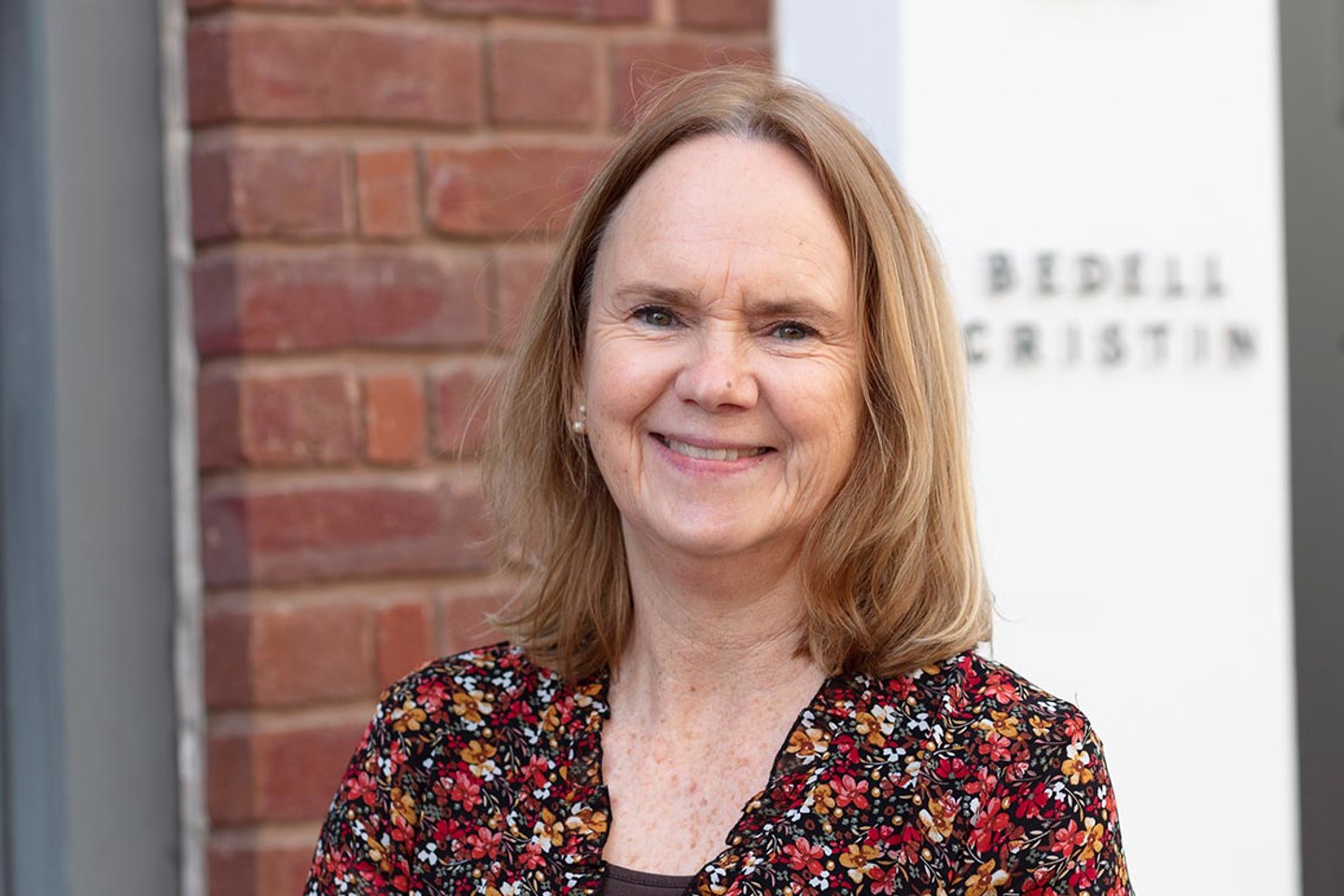This briefing provides answers to some of the key questions which you may have regarding the need for you to make a will. It should be noted that this briefing only applies to individuals who are domiciled in Jersey.
Should I make a will?
It is important that you should consider the benefits of making a will. The intestacy rules, which apply if you do not make a will, may result in your property being distributed quite differently from what would be your intentions or wishes if you did make a will.
The need for two wills
Jersey law divides property into immovable estate, situate in the Island, and movable estate.
Immovable estate consists of land and buildings on land, including leases of more than nine years, "flying freeholds" and those mortgages known as "hypothèques conventionnelles" but excluding "share transfer" properties. All other property in Jersey is movable estate.
Different rules apply to movable and immovable estates and it is therefore the practice to prepare separate wills for them.
Should I consult a lawyer?
As it is essential that wills are in correct form and properly witnessed, it is recommended that you always consult a lawyer to advise upon and prepare your wills. There are no pre printed will forms suitable for use in Jersey.
Who can make a will?
In order to make a will, you must be at least 18 years old or married or in a civil partnership.
Can I change my wills?
Wills only become effective at the time of death. You are free to change the provisions of your wills, as your circumstances alter, throughout your life. However, any such changes must be made in accordance with the law and it is therefore important that you consult your lawyer if you feel that your wills might need to be amended.
Do I need an executor?
An executor is required for movable estate, but not for immovable estate. The executor is the person who will obtain the grant of probate, administer your estate and distribute your property in accordance with the provisions of your will. You may appoint anyone as your executor but you should always ensure that the person you have in mind is happy to act as such. Bedell Cristin has its own executor company and you may wish to discuss the possibility of appointing this company as your executor.
To whom can I leave my immovable estate?
The general rule is that, by making a will, you can leave your immovable estate to whomever you choose. However, if you are married or in a civil partnership at the date of your death your surviving spouse or civil partner (as the case may be) may claim a life interest in one-third of your immovable estate. Such life-interest, if claimed, will continue irrespective of (i) your surviving spouse remarrying after the date of your death or (ii) your surviving civil partner engaging in another civil partnership after the date of your death, as the case may be.
To whom can I leave my movable estate?
You are free to leave your movable estate to whomever you choose but a surviving spouse or civil partner and issue have what are known as "légitime" rights. Such rights allow a spouse or civil partner and/or issue to claim a proportion of the movable estate of a Jersey domiciled individual if they so choose within a specific time period. There are special rules for calculating "légitime" if you have made gifts to "légitime" heirs during your lifetime. If this applies to you, please ask for further information. Subject to this, it is not possible to avoid a "légitime" claim.
If you leave a spouse or civil partner but no issue, your spouse or civil partner can claim as "légitime" the household effects and two thirds of the rest of your net movable estate.
If you leave a spouse or civil partner and issue, your spouse or civil partner can claim the household effects and one third of the rest of your net movable estate. Your issue can also claim one third of the rest of your net movable estate.
If you leave issue[1] but no spouse or civil partner, your issue can claim two thirds of your net movable estate.
What are household effects?
Household effects are articles of household, personal use or ornament, normally found in or around the matrimonial home or civil partnership home. However, certain articles are excluded, such as motor cars, any articles used wholly or principally for business purposes, money or securities for money, articles or sets of articles valued at more than £10,000, and items which are specifically bequeathed in your will.
What happens if I do not make wills?
Immovable estate
If you leave a spouse or civil partner but no issue, your spouse or civil partner will take all of your immovable estate. If you leave a spouse or civil partner and issue, your spouse or civil partner and issue will share equally in your immovable estate. If you leave issue but no spouse or civil partner, your issue will share equally in your immovable estate.
Movable estate
If you leave a spouse or civil partner but no issue, your spouse or civil partner will take all of your net movable estate. If you leave a spouse or civil partner and issue, your spouse or civil partner will take the household effects, other movable estate to the value of £30,000 and half of the rest of your net movable estate. Your issue will take the other half of the rest of your net movable estate. If you leave issue but no spouse or civil partner, your issue will share equally in your movable estate.
Matrimonial home or civil partnership home
Usually, unless your spouse or civil partner is left the matrimonial home or civil partnership home absolutely, he or she will be entitled to a life interest in such home. This applies whether or not the matrimonial home or civil partnership home is a freehold, flying freehold, leasehold or share transfer unit. However, this will not apply if, at the time of your death, you and your spouse or civil partner were not residing together, and your spouse or civil partner had deserted you without cause, or you had obtained a decree of judicial separation from your spouse or you had obtained a separation order with respect to your civil partner.
Issue
In all cases, issue will include illegitimate issue for estates where the individual has died after 28 January 2011. An adopted child is treated as a child of the adopter.
What happens if I divorce, my marriage is annulled or I dissolve or annul the civil partnership after making my wills?
Gifts to your spouse or civil partner by will, or the appointment of your spouse or civil partner as your executor, are automatically cancelled on divorce or annulment of the marriage or dissolution or annulment of the civil partnership, but the rest of your will remains valid. We recommend that you review your wills in that event.
What happens if I marry or enter into a civil partnership after making my wills?
Unlike wills in some other jurisdictions, Jersey wills are not revoked by marriage or entering into a civil partnership. We recommend that you review your wills if you have married or entered into a civil partnership or are about to do so.
What if my partner and I are unmarried?
Your partner will not have any right to your estate if you die without making a will. Jersey law does not recognise "common law marriage".
You may provide for your partner in a will (subject to the rules set out above regarding wills of immovable and movable estate).
__________
[1] "issue" means children and if any child is dead, it includes the children of such child. An adopted child is treated as a child of the adopter. For estates where the individual has died after 28 January 2011, "issue" includes illegitimate issue.
No Content Set
Exception:
Website.Models.ViewModels.Blocks.PageBlocks.CardBlocks.DownloadCardBlockVm





